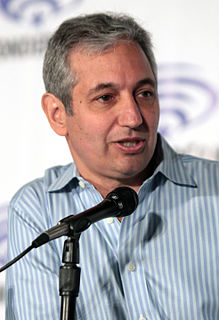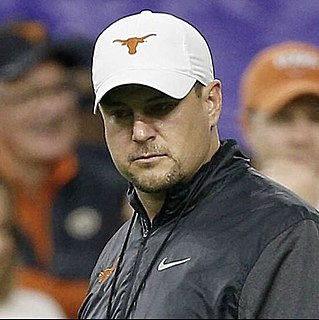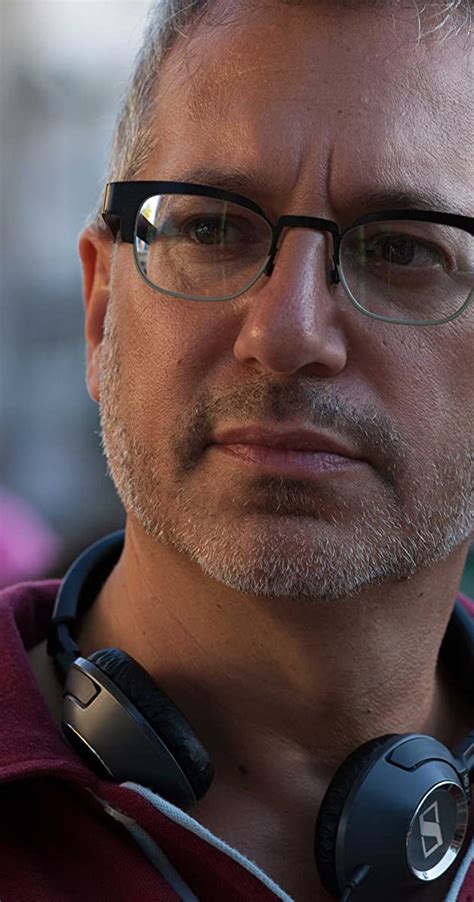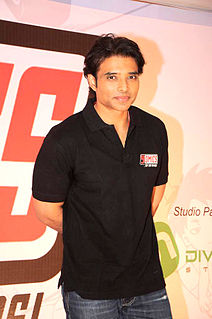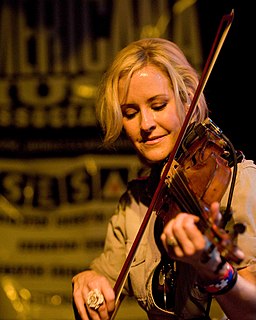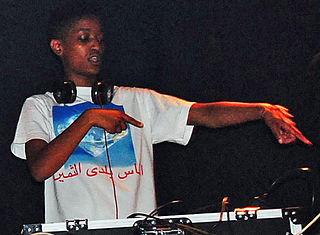A Quote by Rachel Weisz
I think if you ask the audience to like you, it's all over.
Related Quotes
I think you have to do the stories that interest you and hope an audience likes it, rather than doing stories that you think the audience will like, whether you like them or not. I think there has to be something that you find compelling and interesting, and then hopefully an audience will agree with you.
Every lecture should state one main point and repeat it over and over, like a theme with variations. An audience is like a herd of cows, moving slowly in the direction they are being driven towards. If we make one point, we have a good chance that the audience will take the right direction; if we make several points, then the cows will scatter all over the field. The audience will lose interest and everyone will go back to the thoughts they interrupted in order to come to our lecture.
I don't think about the audience, I don't think about what makes them happy, because there's no way for me to know. To try to think of what makes for entertainment is a very Japanese thing. The people who think like this are old-fashioned. They think of the audience as a mass, but in fact every person in the audience is different. So entertainment for everyone doesn't exist
Working with Jim Sheridan for instance, we did this movie Brothers. Jim will ask anybody - we'll get a delivery on set, and like the poor delivery guy will be like, "Here's your pizza," and he'll be like, "Come over here. Come here. I want to ask you a question. Do you think this is real? What do you think? Should we do another take?" And they're like, "I, uh, you want your pizza?" There's no shame in everybody's ideas. There's no shame in somebody not knowing.
I think I'll go over and introduce myself to that little red-haired girl. I think I'll introduce myself, and then ask her to come over and sit next to me. I think I'll ask her to sit next to me here, and then I think I'll tell her how much I've always admired her... I think I'll flap my arms, and fly to the moon.
The thing that is incredibly helpful is that we screen the movies and we ask the audience if they like it or not and we ask a lot of questions and do testing on the movies. For comedies, at least, it's very helpful. If they're not laughing and they don't say that they loved it, then I have screwed up.
Whenever I'm giving talks, I always ask people to think of the most obscure questions because I enjoy those the most. I always get the same questions: Why does Pickwick say "plock" and will there be a movie? I like the really obscure questions because there's so much in the books. There are tons and tons of references and I like when people get the little ones and ask me about them. It's good for the audience [and also] they realize there's more there.
Whatever field you can do that, that's where you want to do it, and I think that's why people like David Fincher and Ridley Scott are interested in it, too, because when you sit down on a meeting in HBO and they're like, "More, more." You're just like, "Oh yeah, I love this." Sometimes it's a little harder in film. I think also it's a great audience, take advantage of it. It's a great audience.

